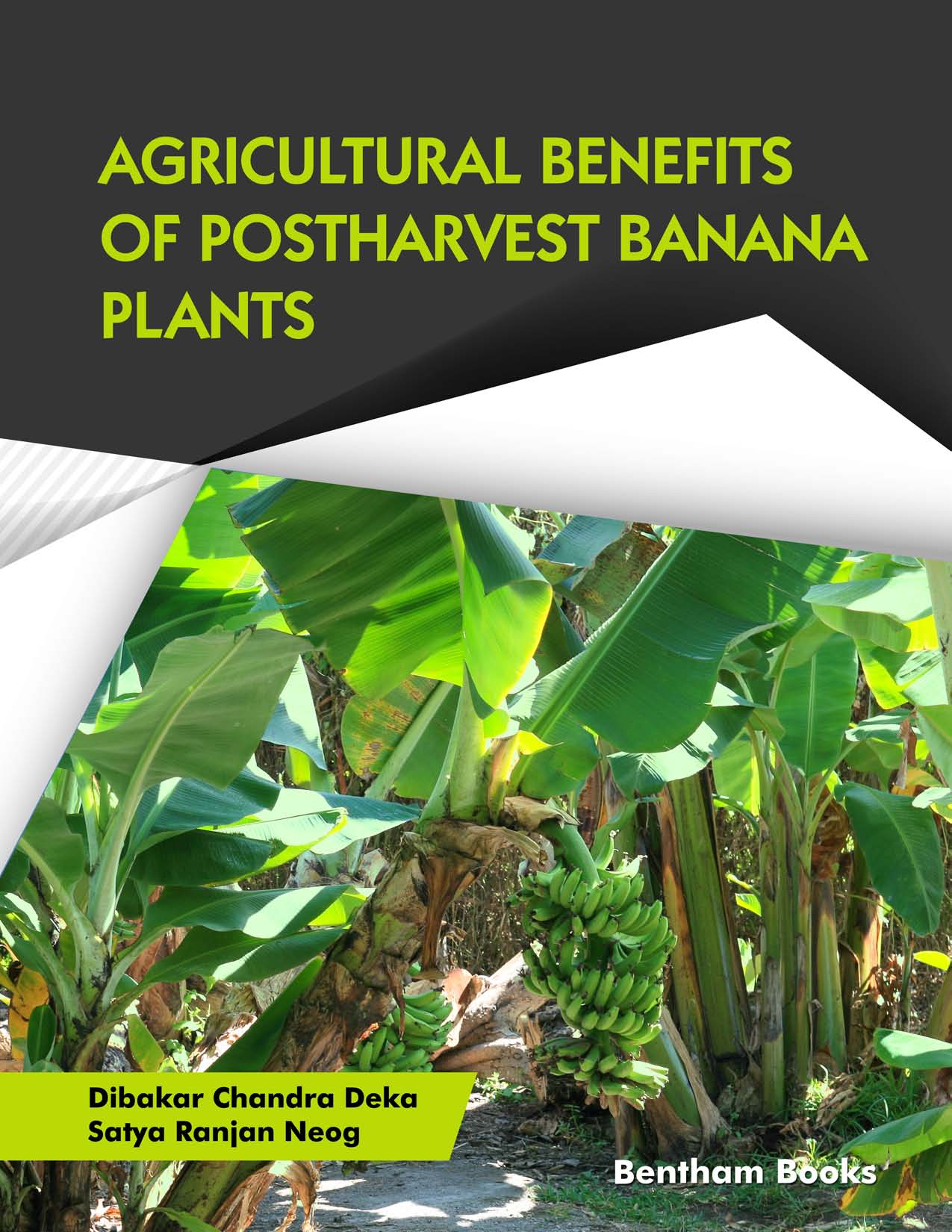Introduction
Banana farming is the basis for commercial fruit trading. Every banana plant generates waste biomass nearly ten times the quantity of its fruits. Disposal of waste biomass is a burden for the farmers. Economical use of the waste biomass can bring financial benefit to banana farmers. Use of organic potash in lieu of inorganic potash affords higher yield and also helps to preserve the ecosphere of soil for subsequent crops. Agricultural Benefits of Postharvest Banana Plants details the use of postharvest banana plants for agriculture and trade. Eleven chapters explain both traditional and modern uses of banana plants. The reader is informed how bio-waste from postharvest banana plants (including their stems) can be used as organic potash to replace inorganic potash (muriate of potash) in fertilizer. Experimental uses of banana plant pseudo-stem juice for growing different crops along with chemical analysis of the pseudo-stems are explained in separate chapters. Isolations of potassium chloride and potassium carbonate have also been discussed in the latter part of the book.
This book is an ideal handbook for professionals and trainees interested in utilizing postharvest banana plants for sustainable agriculture and trade. The information is also useful for students and teachers involved in agricultural biotechnology and traditional agriculture courses.

